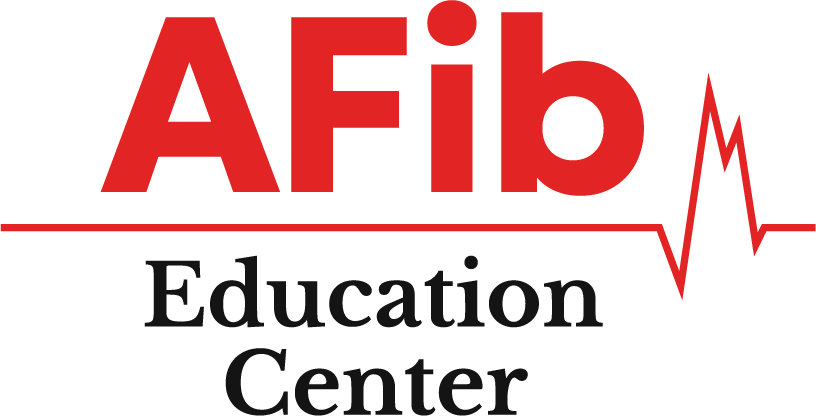What is Afib?
Atrial fibrillation (AFib) is a common arrhythmia where the heart’s electrical system malfunctions. Normally, the heart’s rhythm is controlled by the Sinus Node, located in the heart’s roof, which regulates a steady heartbeat adjusted by the brain for various activities.
In AFib, abnormal electrical signals arise elsewhere in the heart, disrupting the normal rhythm and causing irregular and often rapid heartbeats. This can lead to symptoms such as shortness of breath, palpitations, chest discomfort, and fatigue.
Key Points Covered
- Definition of AFib: AFib is characterized by irregular and rapid heartbeats due to abnormal electrical signals in the heart.
- Normal Heart Rhythm: The Sinus Node regulates the heart’s rhythm, adapting it based on the body’s needs under brain influence.
- Symptoms: Include shortness of breath, palpitations, chest discomfort, fatigue, and lightheadedness.
- Risks: AFib increases the risk of blood clot formation in the heart, potentially leading to strokes. The condition tends to worsen over time.
- Treatment and Management: AFib is treatable with a personalized approach considering symptoms, episode frequency, and individual factors. Options range from medications and lifestyle adjustments to advanced procedures like ablation or surgery.
Understanding AFib and its management is crucial for improving quality of life and reducing risks associated with the condition.
